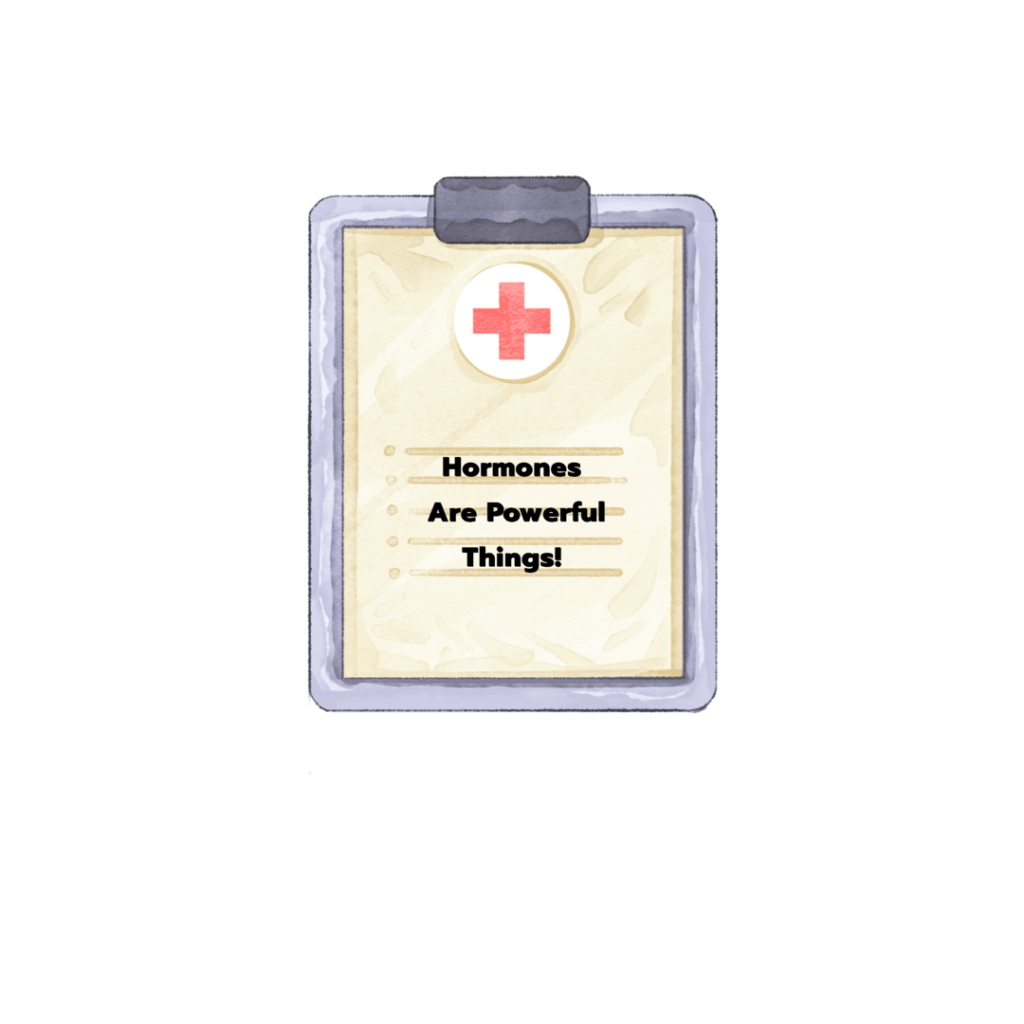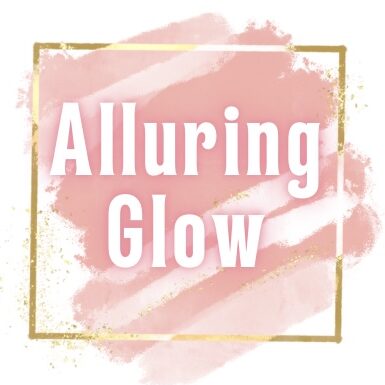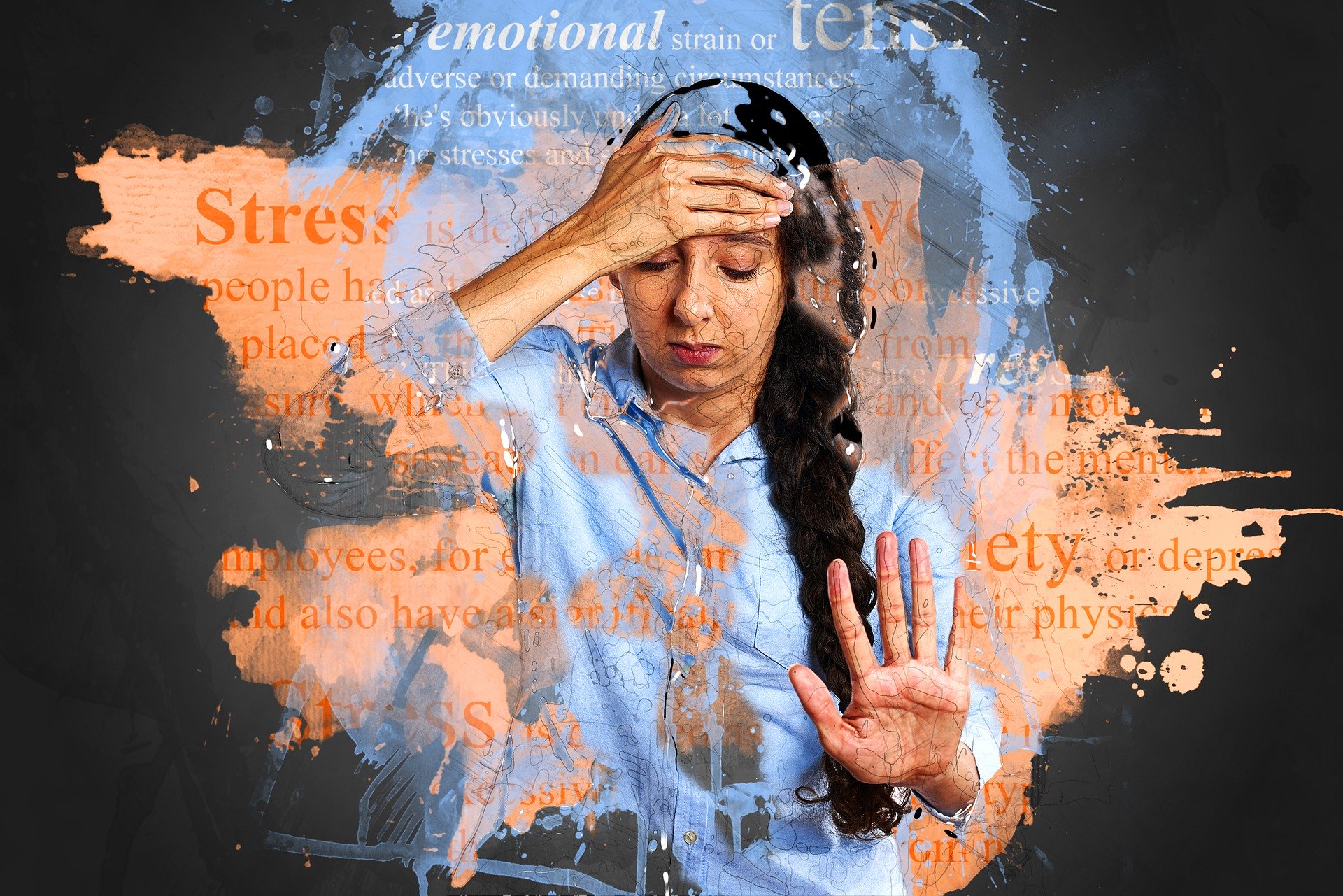Hormones play a vital role in various physiological processes within our bodies, and one area significantly influenced by hormonal fluctuations is our skin. From puberty to menopause and beyond, our hormone levels can have a significant impact on the health and appearance of our skin. In this article, we will explore how hormones affect the skin and what you can do to maintain a healthy and radiant complexion.
Puberty and Acne
During puberty, hormonal changes, particularly an increase in androgen levels, can lead to the development of acne. Androgens stimulate the sebaceous glands, causing them to produce more sebum, which can clog pores and result in the formation of pimples and blackheads. This is why many teenagers experience acne breakouts during this stage of life.
Hormonal changes play a significant role in the development of acne. The surge in androgen levels, such as testosterone, triggers the sebaceous glands to produce more sebum, the skin’s natural oil. The increased sebum production, coupled with the shedding of dead skin cells, can clog hair follicles and lead to the formation of acne lesions, including pimples, blackheads, and whiteheads. The hormonal fluctuations during puberty affect both boys and girls, but the impact may be more pronounced in individuals with higher androgen levels. While puberty-related acne is a common and temporary condition, it can still be distressing for those experiencing it. Proper skincare practices and seeking guidance from healthcare professionals can help manage and improve the appearance of acne during this transitional phase of life.
Menstrual Cycle
For women, the menstrual cycle brings about hormonal fluctuations that can affect the skin. Just before menstruation, progesterone levels rise, leading to increased oil production and a higher likelihood of developing breakouts. Some women may also experience skin sensitivity and inflammation during this time.
The menstrual cycle introduces another factor that can influence the skin’s condition. In the days leading up to menstruation, progesterone levels surge, which can result in an uptick in sebum production and a greater susceptibility to breakouts. This hormonal shift can cause the skin to feel oilier and contribute to the formation of acne lesions. Additionally, some women may experience heightened skin sensitivity and inflammation during this phase of their cycle.
These hormonal fluctuations can vary from person to person, and while not all women will experience significant skin changes during their menstrual cycle, being aware of these potential effects can help individuals adapt their skincare routines accordingly and manage any temporary skin concerns that may arise.
Pregnancy
Pregnancy is another period characterized by significant hormonal changes. Increased levels of estrogen and progesterone can lead to various skin changes, including hyperpigmentation, melasma (dark patches on the skin), and the appearance of stretch marks. Some women may also experience an improvement in their complexion during pregnancy due to increased blood circulation and enhanced skin hydration.
Additionally, the stretching of the skin as the body accommodates the growing baby can result in the formation of stretch marks, particularly in areas like the abdomen, breasts, and thighs. However, it’s worth noting that not all women will experience these skin changes to the same degree. Interestingly, some women may notice an improvement in their complexion during pregnancy, attributed to increased blood circulation and enhanced skin hydration. Understanding these potential skin effects can help expectant mothers adapt their skincare routines.
PCOS – Polycystic ovary syndrome
A common hormonal disorder that affects millions of individuals worldwide, particularly women of reproductive age. It is characterized by a combination of symptoms, including irregular menstrual cycles, excess androgen production, and the presence of multiple small cysts on the ovaries. PCOS can manifest in various ways, such as weight gain, acne, hirsutism (excessive hair growth), and fertility challenges. Beyond its physical symptoms, PCOS can also have significant emotional and psychological impacts, ranging from anxiety and depression to body image concerns. While the exact cause of PCOS remains unknown, factors such as insulin resistance, hormonal imbalances, and genetics are believed to contribute to its development.
Managing PCOS involves a multifaceted approach that may include lifestyle modifications, such as regular exercise and a balanced diet, along with medical interventions to address specific symptoms and improve fertility outcomes. Awareness and support for individuals with PCOS are crucial to promoting early diagnosis, effective treatment, and a better quality of life for those affected by this complex condition.
Menopause
Menopause, a natural transition marking the end of a woman’s reproductive years, brings about significant hormonal changes that can affect the skin. During menopause, the decline in estrogen levels can have a noticeable impact on the skin. Estrogen helps maintain skin elasticity and thickness, so its decrease can result in thinner, drier skin with increased wrinkling and creepiness. Many women also experience a loss of collagen, which can contribute to the development of fine lines and sagging skin.
Additionally, the loss of estrogen can contribute to a decrease in collagen production, further exacerbating the appearance of fine lines, wrinkles, and sagging skin. Understanding these skin changes that occur during menopause can help women adapt their skincare routines and explore options for promoting skin health and vitality during this new phase of life.
Stress Hormones
Stress can wreak havoc on the skin through the release of stress hormones like cortisol. Elevated cortisol levels can lead to increased sebum production, exacerbating acne and breakouts. Moreover, stress hormones can impair the skin’s natural barrier function, making it more prone to sensitivity, dryness, and inflammation.
Thyroid Hormones
Imbalances in thyroid hormones can manifest in various skin conditions. Hypothyroidism, characterized by low levels of thyroid hormones, can cause dry skin, hair loss, and brittle nails. On the other hand, hyperthyroidism, with excessive thyroid hormone production, may result in warm, moist skin, increased sweating, and itching.
The secret to your optimal well-being with the HORMONE WELLNESS TEST – Your hormones influence all your body’s systems. Measuring your hormone levels can get to find the root cause. Imagine having a personalized roadmap to your well-being, one that provides insight into your body’s intricate balance.
Don’t let unbalanced hormones dictate your well-being. This HORMONE WELLNESS TEST empowers you with this knowledge, offering a window into your body’s inner workings. It’s not just a test; it’s a journey towards a healthier, more harmonious you.

Maintaining Healthy Skin
Despite Hormonal Influences. While we cannot entirely control our hormone levels, there are steps we can take to promote healthy skin regardless of hormonal fluctuations:
Consistent Skincare Routine: Establish a skincare routine that includes gentle cleansing, moisturizing, and regular exfoliation. Look for products suitable for your skin type and address specific concerns like acne or dryness.
Balanced Diet: Maintain a balanced help you diet rich in fruits, vegetables, whole grains, and lean proteins. Adequate nutrition supports overall skin health and can help minimize the impact of hormonal changes.
Hydration: Drink plenty of water to keep your skin hydrated from within. Well-hydrated skin is more resilient and less prone to dryness and irritation.
Sun Protection: Protect your skin from harmful UV rays by wearing sunscreen daily. UV exposure can worsen many skin conditions and accelerate aging.
Stress Management: Practice stress-reducing techniques such as exercise, meditation, or engaging in hobbies you enjoy. Reducing stress levels can positively impact your skin health.
Seek Professional Advice: If you’re experiencing persistent skin issues related to hormonal imbalances, it’s wise to consult a dermatologist or healthcare professional. They can provide targeted solutions and treatments tailored to your specific needs.
Hormones undeniably influence the health and appearance of our skin throughout various stages of life. From puberty to menopause, hormonal fluctuations can lead to acne, changes in skin texture, and increased sensitivity. By adopting a consistent skincare routine, maintaining a balanced diet, staying hydrated, and managing stress levels, we can support our skin’s health and minimize the impact of hormonal changes. Remember, consulting with a healthcare professional can provide valuable guidance and assistance in addressing specific skin concerns.













